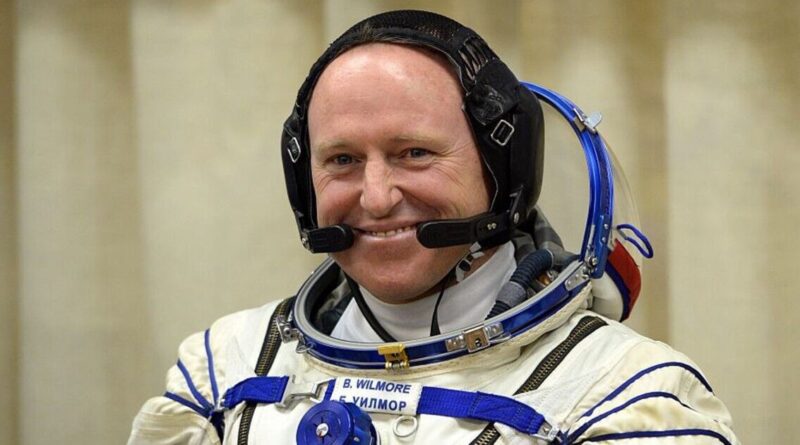NASA health fears for stranded astronaut stuck in space for 160 days | World | News
Doctors are carefully monitoring the health of a NASA astronaut who has now been stranded in space for 160 days.
Barry Wilmore, 61, is said to have lost body mass during his prolonged stay at the International Space Station (ISS).
The astronaut originally arrived at the ISS on June 6 along with Sunita Williams for what was supposed to be just a 10 day stay.
However, due to a series of technical problems, the two astronauts are not expected back on Earth until February 2025.
Doctors are keeping an eye on Wilmore’s condition to ensure he doesn’t reach a tipping point, according to an unnamed NASA employee.
The six-foot-tall astronaut weighed more than 210 pounds at the start of the mission, but appears to have lost weight.
“He had a lot more mass at the start, so it’s not as big of a deal,” the employee told the New York Post.
“But it’s happening, and it’s being monitored. Any changes in the astronauts’ bodies are being noted. And his mass seems to have gone down.”
NASA officials are also worried about the health of Wilmore’s fellow astronaut Sunita Williams, who appeared extremely gaunt in photos released earlier this month.
However, she denied having lost weight and claimed to have actually gained muscle on board the ISS.
She said her change in appearance was due to “fluid shift” during a live video feed broadcast on Tuesday.
“I think things shift around quite a bit, you probably heard of a fluid shift,” she said. “Folks in space you know, their heads look a little bit bigger because the fluid evens out along the body.”
It is not unusual for astronauts to lose weight while in space. They typically lose around 5% of their original body mass during long term missions.
NASA insisted that astronauts received the best medical care available during their missions.
In a statement issued on November 6, they said: “All NASA astronauts aboard the International Space Station undergo routine medical evaluations.
“They have dedicated flight surgeons monitoring them, and are in good health.”





